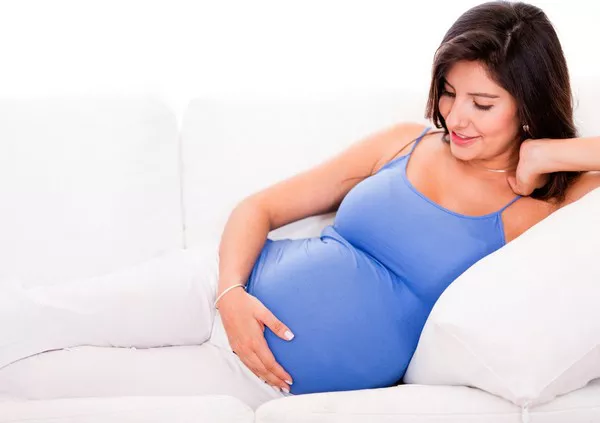A recent study sheds light on the intricate relationship between a pregnant woman’s gut microbiota and changes in her immune system. Researchers have discovered significant links between the composition of gut microbiota, metabolite profiles, and cytokine levels of pregnant and non-pregnant women, indicating that specific microbes and metabolites play a crucial role in modulating the immune response during pregnancy.
Published in the journal mSystems, the study reveals that pregnant women exhibit a distinct gut microbiota composition and cytokine profile compared to non-pregnant women, suggesting the microbiota’s influence on immune responses during pregnancy. The researchers identified 46 connections among microbes, metabolites, and cytokines, highlighting a complex interaction affecting maternal immunity.
Lead author Ting Huang, M.D., from the First Affiliated Hospital of Jinan University in Guangzhou, China, stated that the study’s findings provide novel insights into the associations between gut microbiota, metabolites, and cytokines during pregnancy.
The research involved comparing the gut microbiota, metabolite profiles, and immune system status of 30 healthy pregnant women and 15 healthy non-pregnant women. Fecal and blood samples were collected from pregnant women during or after the 37th week of pregnancy, while samples from non-pregnant women were collected on the 14th day of the menstrual cycle.
Analysis of fecal samples revealed that pregnant women exhibited a higher relative abundance of Actinobacteriota and Proteobacteria compared to non-pregnant women. Additionally, pregnant women showed lower levels of pro-inflammatory cytokines and higher levels of anti-inflammatory cytokines, suggesting immune suppression during pregnancy.
Furthermore, the study identified distinct metabolite profiles in pregnant and non-pregnant women, with many metabolites associated with bile acid secretion and metabolism. Some enriched metabolites in pregnant women were linked to lower levels of pro-inflammatory cytokines, indicating potential anti-inflammatory effects.
Despite these findings, Huang cautioned that the study does not establish causation, and the small sample size may introduce errors. Moreover, confounding factors like diet were not accounted for in the study’s design. Further clinical trials are warranted to validate and elucidate these connections, according to the researchers.


